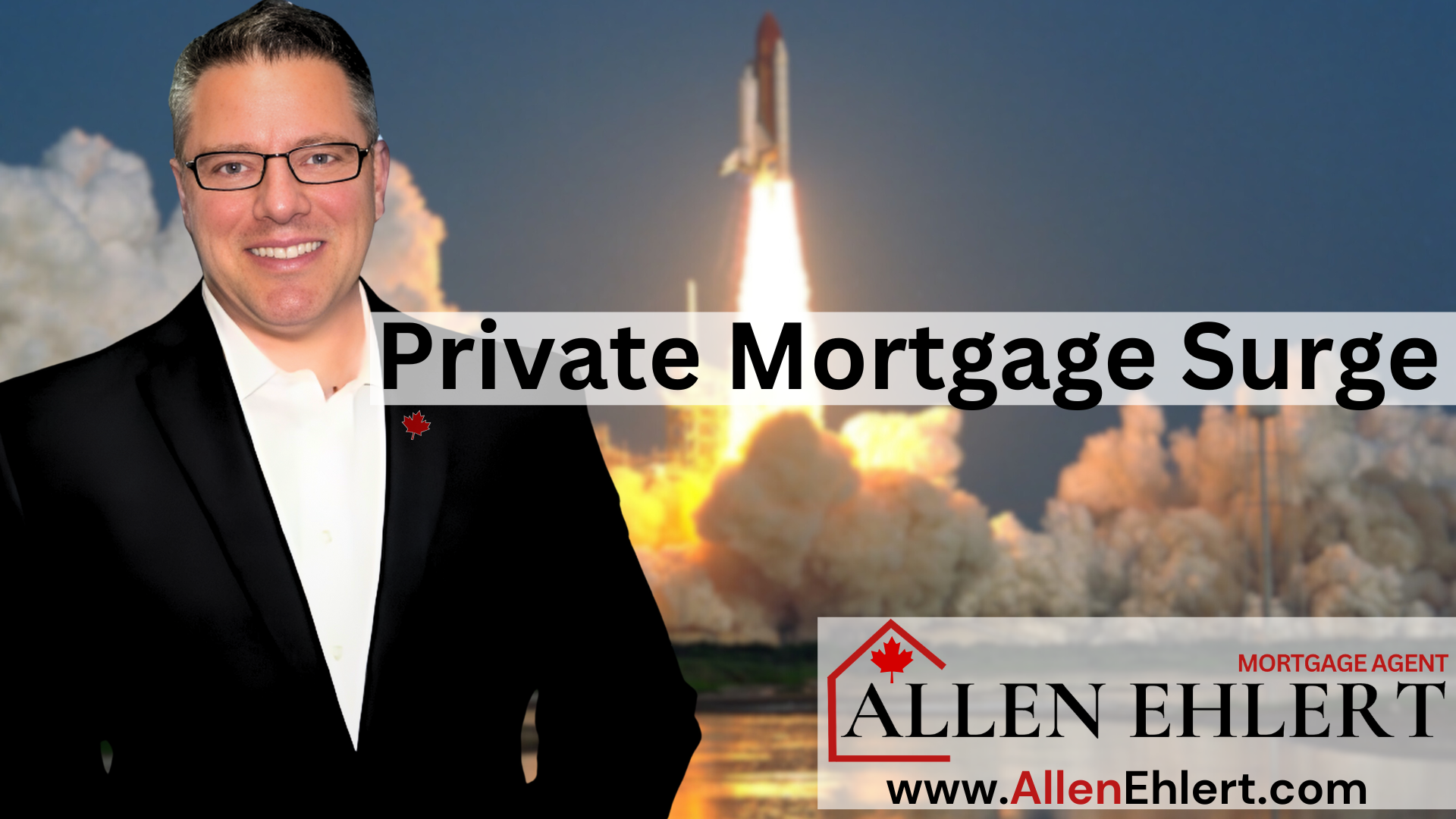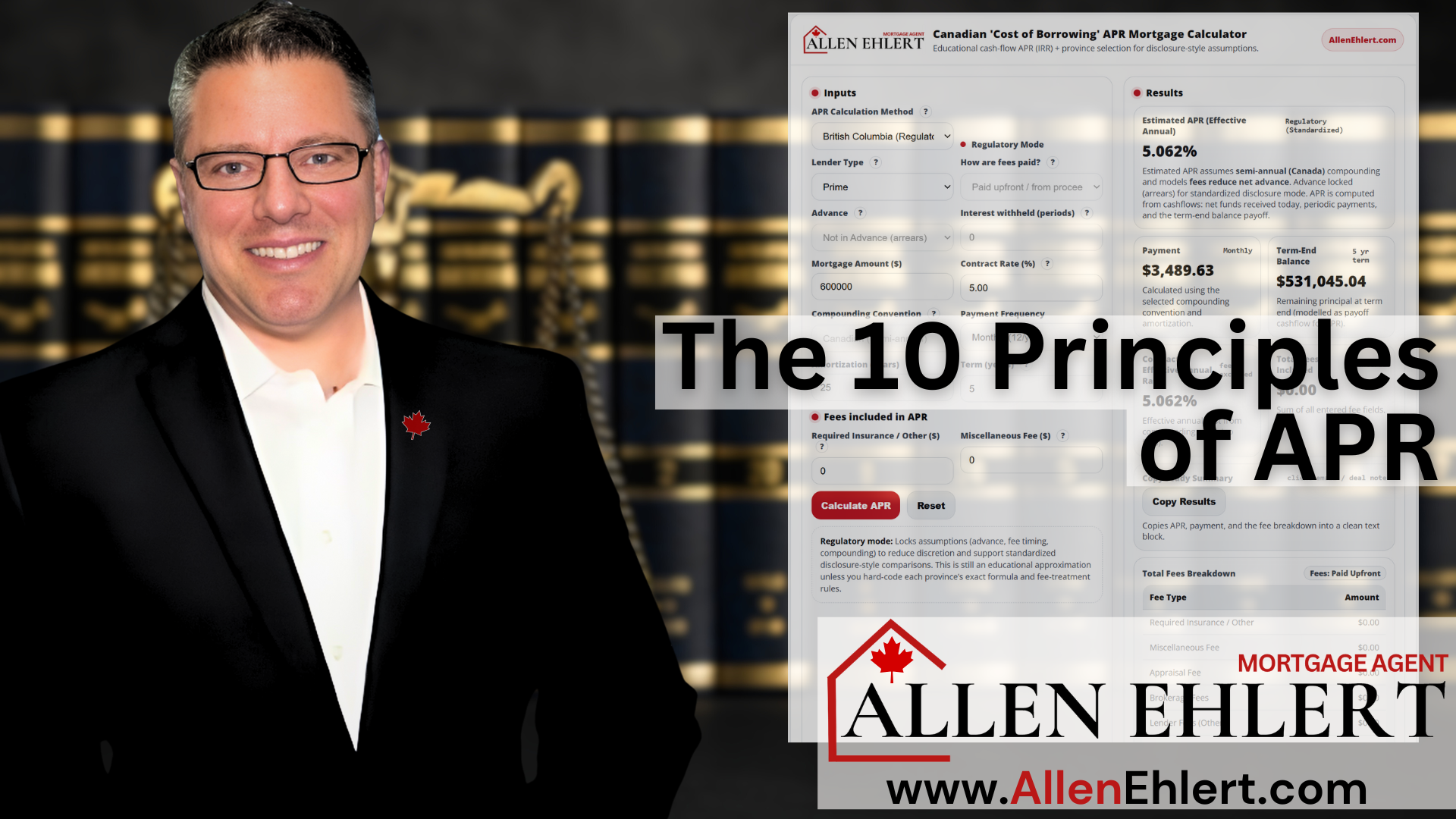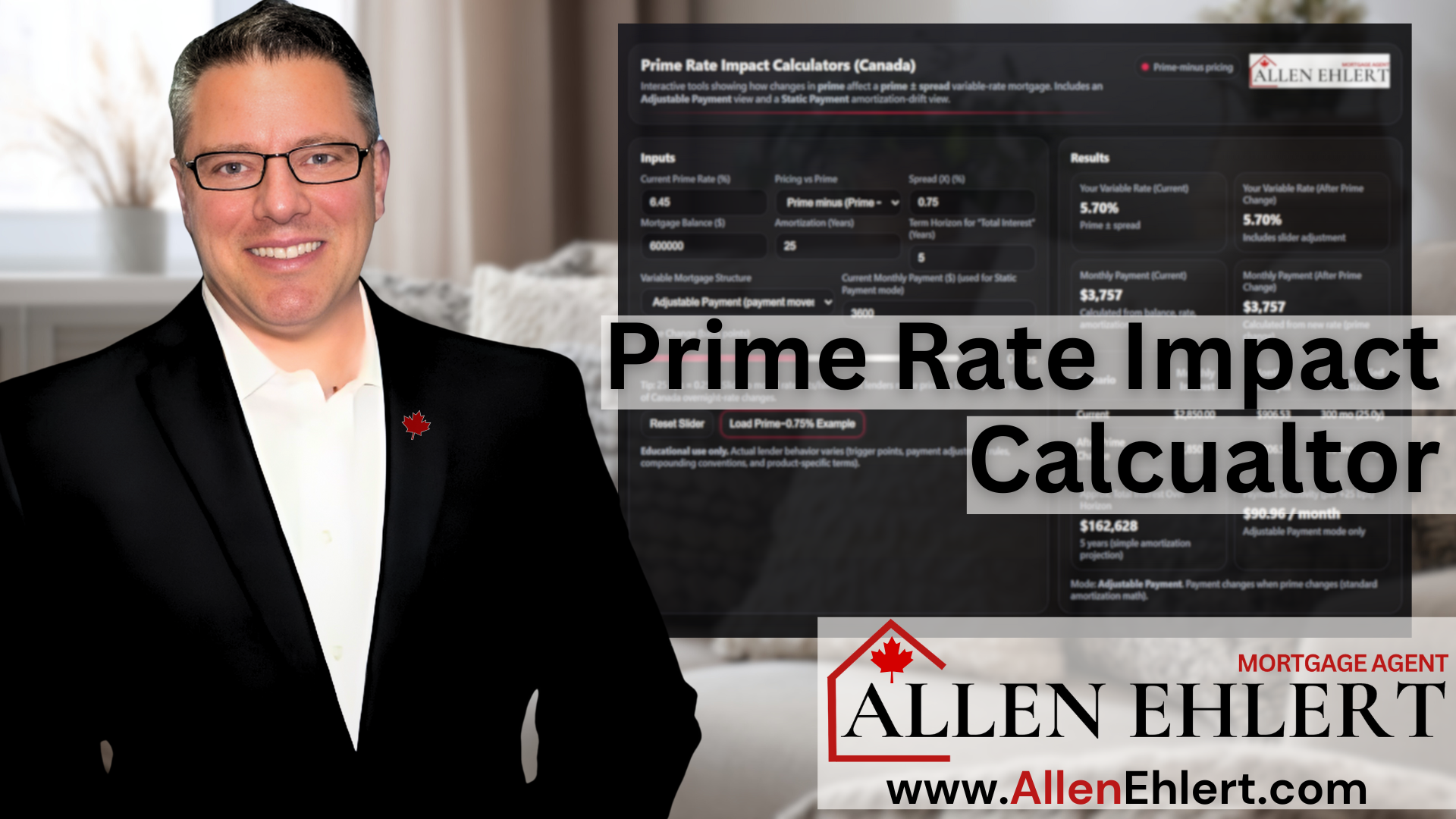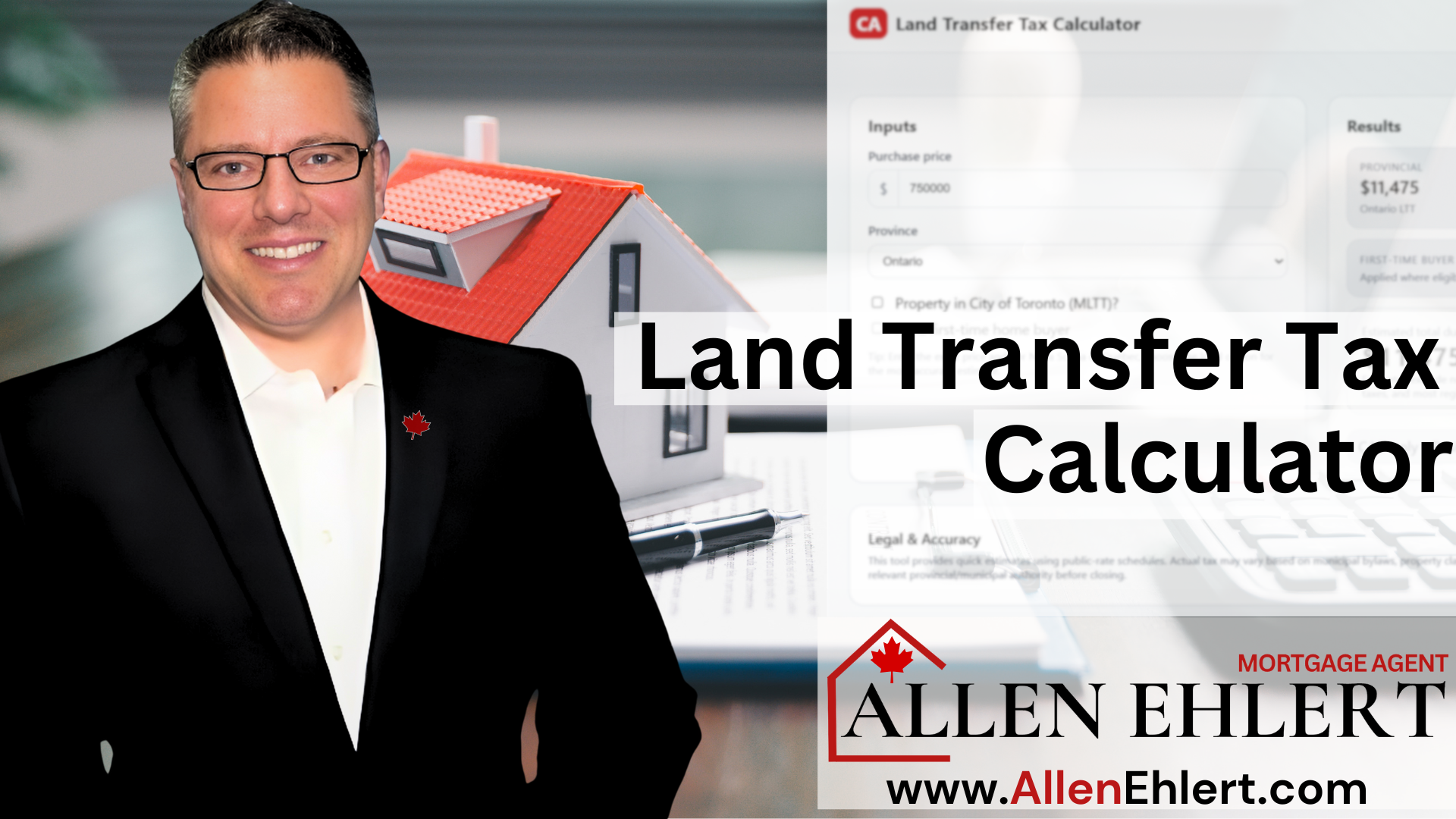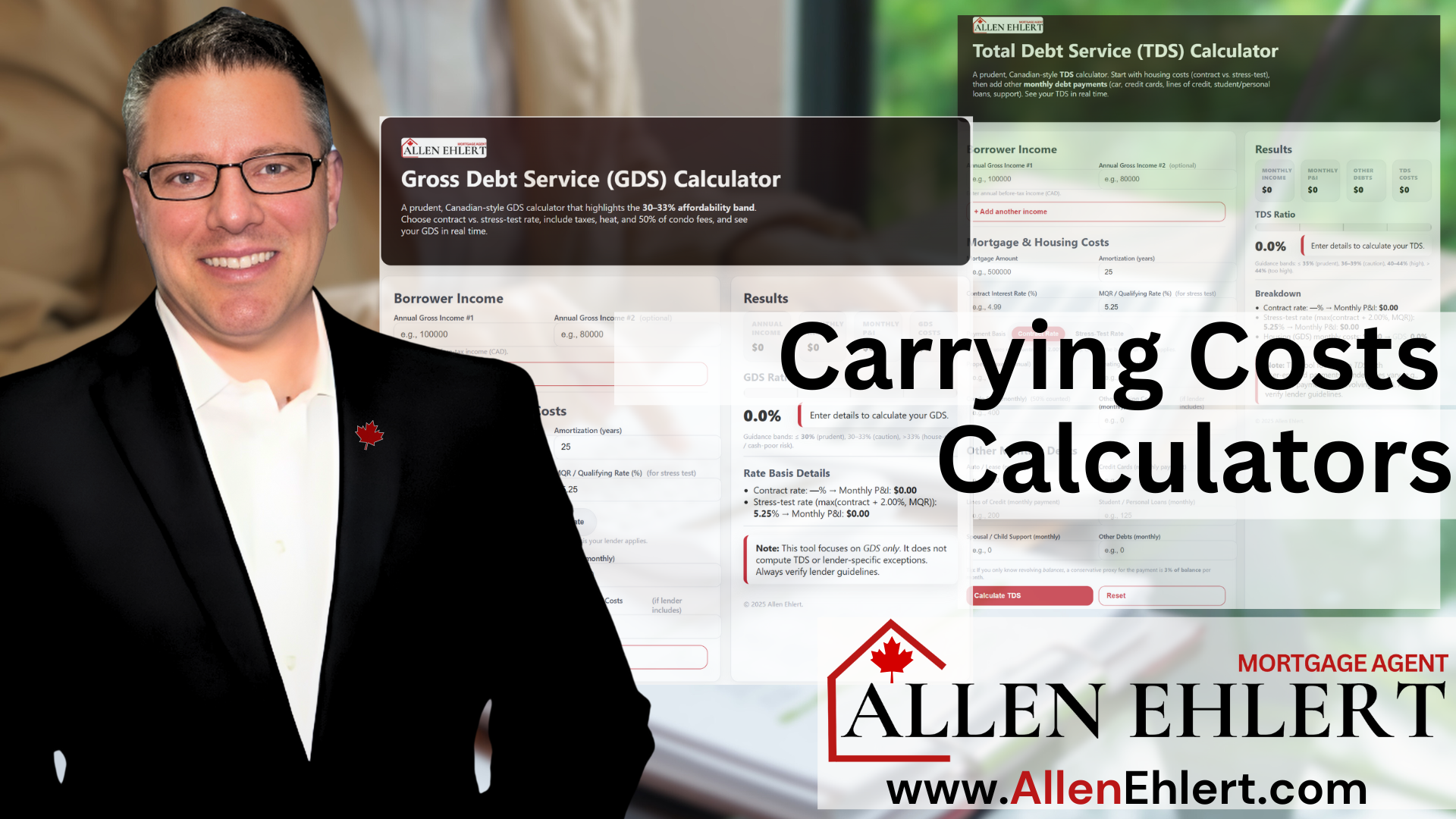… Avoid These Pitfalls and Set Yourself Up for Success
When it comes to applying for a commercial mortgage, there’s no shortage of ways to trip yourself up — and trust me, I’ve seen plenty of smart people do it. Unlike a residential mortgage, where the process is pretty straightforward and predictable, commercial lending is its own animal. The rules are different, the expectations are higher, and lenders are looking at your deal through a whole different lens.
The good news? Most of the mistakes people make are completely avoidable — if you know what to watch out for. That’s what this article is all about: helping you avoid the classic pitfalls that could delay, derail, or outright kill your commercial financing plans.
What I’m Covering:
Not Understanding How Commercial Lending Works
Failing to Prepare Proper Financial Documentation
Overestimating Property Value or Rental Income
Underestimating Down Payment Requirements and Cash Reserves
Approaching the Wrong Type of Lender
How You Can Use This Knowledge to Your Advantage
Not Understanding How Commercial Lending Works
Here’s the first mistake I see over and over again: people approach a commercial mortgage the same way they would a residential one. They assume it’s all about their income, their credit score, and how fast they can get approved.
But commercial lenders care way more about the property’s performance than your pay stub. They’re looking at cash flow, tenant strength, lease terms, location, and market demand. If you walk in talking about your salary but can’t show a solid rent roll or operating statement, you’re wasting everyone’s time.
Understanding the rules of the game helps you play smarter — and win.
Failing to Prepare Proper Financial Documentation
You’d be surprised how many people show up to a commercial deal with half-baked paperwork. Missing rent rolls, outdated operating statements, sloppy financials — it’s the quickest way to make a lender think twice.
Commercial lenders want clean, current, professional documentation. That means:
- Rent rolls
- Signed leases
- Operating statements (2-3 years ideally)
- Appraisals
- Environmental reports
- Personal and business financials
If you’re not organized, lenders will assume your property — and your management style — is just as messy.
Overestimating Property Value or Rental Income
It’s natural to want to see your property in the best possible light, but inflating value or income projections only sets you up for disappointment. Lenders don’t approve financing based on your hopes and dreams — they look at market data, actual performance, and conservative forecasts.
If you tell a lender the building is worth $3 million but the appraisal comes in at $2.4 million? That’s a problem. If you expect rents to jump overnight but have no signed leases to back it up? That’s a problem.
Be realistic. Conservative numbers build credibility.
Underestimating Down Payment Requirements and Cash Reserves
Here’s a rookie mistake: thinking you can get commercial financing with 10% down like you might with a house. Not gonna happen.
Commercial lenders typically want 25% to 35% down, sometimes more. They also want to see that you’ve got cash reserves for unexpected expenses. If you show up with just enough to scrape together a down payment but nothing left in the tank, lenders will see you as high risk.
The more capital you have at the ready, the stronger your application looks.
Approaching the Wrong Type of Lender
Not all lenders are created equal — especially in the commercial space. Walking into a big bank branch with a high-vacancy strip plaza deal is like bringing a skateboard to a Formula 1 race. Wrong fit, wrong tools.
Some lenders love stabilized multi-family. Others specialize in owner-occupied industrial. Some will take a chance on unique properties; others won’t touch them with a ten-foot pole.
Knowing which lenders fit your deal saves time, energy, and frustration. That’s why working with someone who understands the landscape (that’s me) makes a world of difference.
How You Can Use This Knowledge to Your Advantage
Let’s say you’re buying a small office building with a couple of vacancies. Instead of winging it, you:
- Prepare a clear plan to lease up the space
- Present current leases and conservative projections
- Show liquidity to cover short-term gaps
Or maybe you’re acquiring a stabilized apartment building. You:
- Gather clean rent rolls, expense reports, and updated financials
- Present to lenders who specialize in multi-family financing
- Have your down payment and reserves lined up and documented
Preparation turns a “maybe” into a “yes.”
Allen’s Final Thoughts
Getting a commercial mortgage approved isn’t about luck — it’s about preparation, strategy, and understanding what lenders are really looking for. The biggest mistakes people make come down to not knowing the rules of the game.
Don’t try to cut corners, and don’t assume what worked for your house will work for your warehouse, plaza, or apartment building. Commercial lending is a different ballpark — and if you play it right, you’ll get the financing you need on terms that make sense.
And that’s exactly where I come in.
How I Can Help
As your mortgage agent, I’m here to help you avoid the pitfalls, position your deal properly, and connect you with the right lenders for your goals.
Here’s how I help you succeed:
- Organize your documents so they tell the right story
- Identify potential issues early so we can address them proactively
- Match your deal with lenders who understand and fund your type of property
- Negotiate terms that align with your long-term strategy
- Guide you through the process from the first conversation to closing day
Whether you’re a first-time investor or expanding your commercial portfolio, I’m here to help you navigate it with confidence, clarity, and zero surprises.
Let’s chat about your next move — and how to make sure you’re setting yourself up for success from the start.



